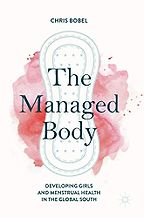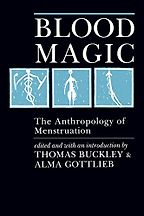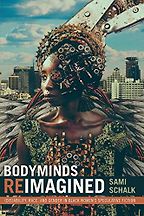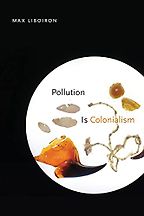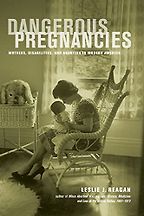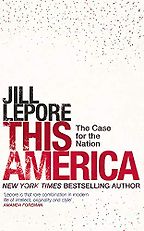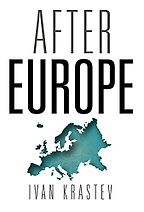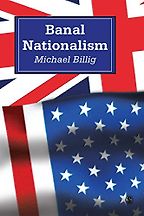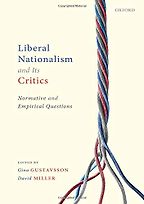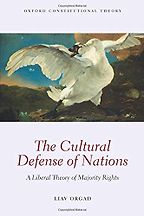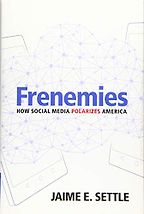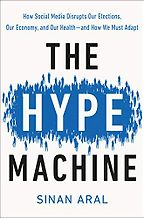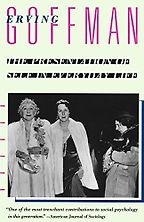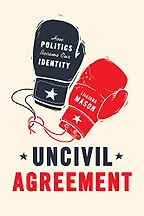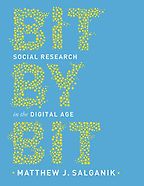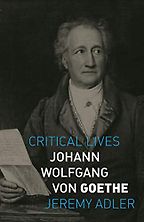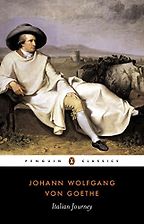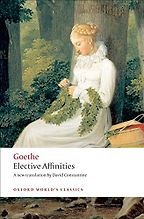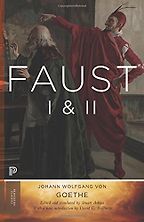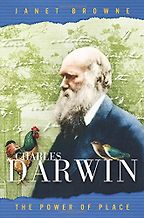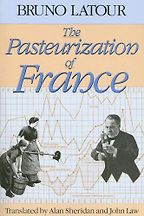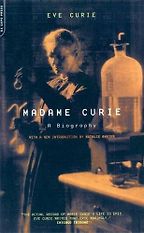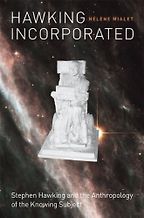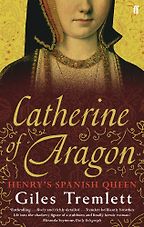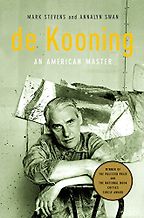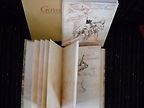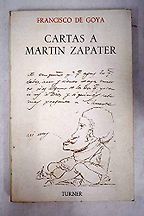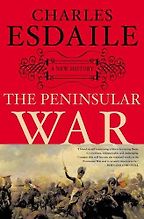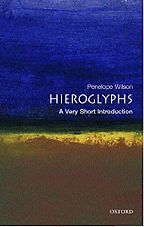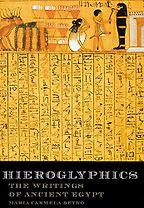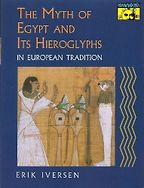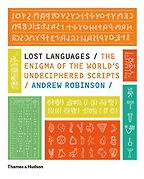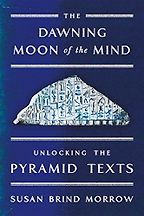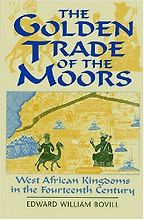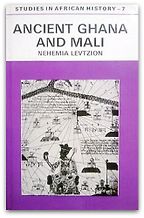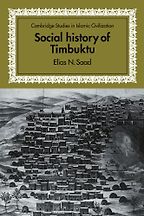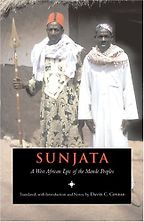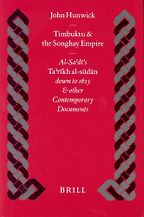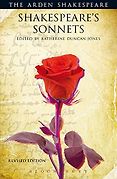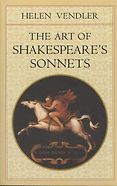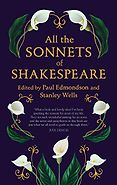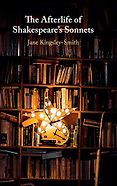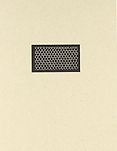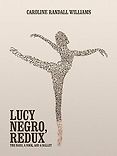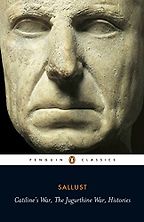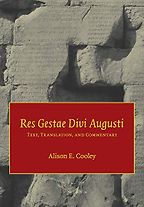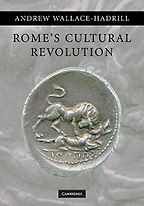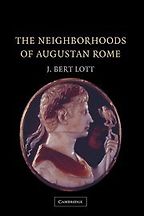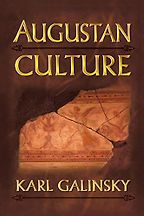Princeton University Press Authors
Last updated: July 02, 2025
Five Books is in regular touch with the wonderful publicists at Princeton University Press to set up interviews with their authors: Caroline Priday, Kate Farquhar Thomson, Julia Hall, Kathryn Stevens, we are deeply grateful to you for all the interviews you've organized (and for always inviting us to your Christmas party).
PUP publishes a fabulous array of books, written by leading experts in the academic world, but also accessible to the general reader. Princeton University Press authors who have done interviews with us include Nobel prize-winning economist Robert Shiller (huge thank you also to Carol Copeland, Professor Shiller's administrative assistant, for making sure this amazing interview happened) and theoretical physicist and science communicator Jim Al Khalili. Harvard historian of science Naomi Oreskes, meanwhile, took us deep into the thorny issue of the politics of climate change. All the interviews with PUP authors are listed below.
In terms of subject matter, over time we have found Princeton University Press to be the leading publisher of economics books for the general reader. We are also rather taken by their approach to Classics (aka Classical Studies), including the 'Ancient Wisdom for Modern Readers' series. Also of note are their field guides, one of the reasons we also have interviews on spiders, dogs and birdwatching.
In the interviews below, Princeton University Press authors are generously promoting books by other authors who have influenced their own work. But you'll also see their own book, relating to the subject they're discussing, listed at the top of the interview, and their other works at the bottom. Just to be clear: even though they are recommending books by other authors, it's their own work that has led us to request the interview in the first place, so if you're buying books please buy theirs!
PUP are also very enthusiastic about audiobooks these days, and most new books by Princeton University Press authors will have an audiobook published at the same time as the print version—perfect for that long commute (when commuting is allowed again).
-

1
The Managed Body: Developing Girls and Menstrual Health in the Global South
by Chris Bobel -

2
Blood Magic: The Anthropology of Menstruation
Thomas Buckley & Alma Gottlieb (editors) -

3
Bodyminds Reimagined: (Dis)Ability, Race, and Gender in Black Women’s Speculative Fiction
by Sami Schalk -

4
Pollution is Colonialism
by Max Liboiron -

5
Dangerous Pregnancies: Mothers, Disabilities, and Abortion in Modern America
by Leslie Reagan
The best books on Menstruation, recommended by Kate Clancy
The best books on Menstruation, recommended by Kate Clancy
Menstruation is a natural process that will happen some 400 times in a woman’s life, and yet it still causes embarrassment. Biological anthropologist Kate Clancy, author of Period: The Real Story of Menstruation, recommends books that shed light not only on periods, but on how to make the world a better place.
The best books on Nationalism, recommended by Yael Tamir
When we think of nationalism, we tend to think of its extreme varieties. In fact, it’s so ubiquitous in our daily lives that we rarely even notice it, says political theorist and former Israeli politician Yael Tamir. Here, she recommends books to help us better understand nationalism in all its forms and why one ignores its power at one’s peril.
-

1
Frenemies: How Social Media Polarizes America
by Jaime Settle -

2
The Hype Machine: How Social Media Disrupts Our Elections, Our Economy, and Our Health—and How We Must Adapt
by Sinan Aral -

3
The Presentation of Self in Everyday Life
by Erving Goffman -

4
Uncivil Agreement: How Politics Became Our Identity
by Lilliana Mason -

5
Bit by Bit: Social Research in the Digital Age
by Matthew Salganik
The Best Books on Social Media and Political Polarization, recommended by Chris Bail
The Best Books on Social Media and Political Polarization, recommended by Chris Bail
Convenient as it is to blame our political woes on the polarizing effect of social media, echo chambers, interference by foreign powers or other shadowy operators, the truth is that human nature and our search for identity and status are more likely culprits. Sociologist Chris Bail, a professor at Duke University and director of its ‘Polarization Lab’, talks us through what social science has to say about the connection between social media and political polarization.
The Best Goethe Books, recommended by David E. Wellbery
Johann Wolfgang von Goethe (1749–1832) has been described as ‘the last true polymath to walk the earth’. A defining figure in German literature, Goethe coined the concept of world literature. And his literary and dramatic achievements are matched by his scientific work. David E. Wellbery, Professor of Germanic Studies at the University of Chicago and recipient of the Golden Goethe Medal, introduces us to the life and work of Goethe. He explores why figures such as Beethoven and Napoleon were magnetised to him, how Rousseau influenced Faust, and why Goethe’s Faust does not sell his soul to the devil.
The best books on Scientists, recommended by Jimena Canales
Five fascinating books about scientists, selected by historian of science Jimena Canales. She explains how the scientific persona has been constructed throughout history and explores the implicit assumptions about agency, subjectivity, and causality that underlie scientific biographies.
-

1
Catherine of Aragon: Henry's Spanish Queen
by Giles Tremlett -

2
de Kooning: An American Master
by Annalyn Swan & Mark Stevens -

3
El «Cuaderno italiano», 1770-1786: los orígenes del arte de Goya
by Jesús Urrea Fernández & Manuela B. Mena Marqués -

4
Cartas a Martín Zapater
by Mercedes Águeda & Xavier de Salas -

5
The Peninsular War: A New History
by Charles Esdaile
The best books on Goya and the art of biography, recommended by Janis Tomlinson
The best books on Goya and the art of biography, recommended by Janis Tomlinson
The art of Francisco de Goya reflects the social and political chaos of Spain in his day, leaving later generations to read into his prolific work—by turns formal and bizarre, official and fantastic—many often contradictory interpretations. Art historian Janis Tomlinson recommends books that disentangle Goya from the retroactive projections of later admirers and situates him in his own time. We also consider what makes for a compelling biography.
-

1
Hieroglyphs: A Very Short Introduction
by Penelope Wilson -

2
Hieroglyphics: The Writings of Ancient Egypt
by Maria Betro -

3
The Myth of Egypt and Its Hieroglyphs in European Tradition
by Erik Iversen -

4
Lost Languages: The Enigma of the World's Undeciphered Scripts
by Andrew Robinson -

5
The Dawning Moon of the Mind: Unlocking the Pyramid Texts
by Susan Brind Morrow
The best books on Hieroglyphics, recommended by Diane Greco Josefowicz
The best books on Hieroglyphics, recommended by Diane Greco Josefowicz
Reading the hieroglyphs of ancient Egypt reveals much about the worldview of a civilisation that rose to prominence 5000 years ago and flourished for thousands of years. Here, intellectual historian Diane Greco Josefowicz—whose book, The Riddle of the Rosetta, co-written with Jed Buchwald, tells the story of how the meaning of the hieroglyphs was deciphered in 19th century France—recommends the best books to learn more about hieroglyphics.
-

1
Golden Trade of the Moors: West African Kingdoms in the Fourteenth Century
by E.W. Bovill -

2
Ancient Ghana and Mali
by Nehemiah Levtzion -
3
Social History of Timbuktu: The Role of Muslim Scholars and Notables 1400-1900
by Elias Saad -

4
Sunjata: A West African Epic of the Mande Peoples
by David C. Conrad -

5
Timbuktu and the Songhay Empire: Al-Sa'di's Ta'rikh Al-Sudan down to 1613 and Other Contemporary Documents
by John Hunwick
The best books on The Ghana, Mali and Songhai African Empires, recommended by Michael Gomez
The best books on The Ghana, Mali and Songhai African Empires, recommended by Michael Gomez
Long before the Europeans arrived in the 16th and 17th centuries, sub-Saharan West Africa saw the emergence of a series of African empires that lasted for centuries and stretched over vast swathes of the continent. They were known as the Ghana, Mali and Songhai Empires. Here, historian Michael Gomez discusses what led to their greatness, what sustained them and why they fell.
-

1
Shakespeare's Sonnets
by Katherine Duncan-Jones & William Shakespeare -

2
The Art of Shakespeare's Sonnets
by Helen Vendler & William Shakespeare -

3
All the Sonnets of Shakespeare
by Paul Edmonson, Stanley Wells & William Shakespeare -

4
The Afterlife of Shakespeare's Sonnets
by Jane Kingsley-Smith -

5
Nets
by Jen Bervin -

6
Lucy Negro, Redux
by Caroline Randall Williams
The best books on Shakespeare’s Sonnets, recommended by Scott Newstok
The best books on Shakespeare’s Sonnets, recommended by Scott Newstok
The beauty of Shakespeare’s sonnets speaks to us down the centuries, their lines peaking out at us from the titles of famous books or enjoying outings at weddings or other romantic occasions. But they were not always regarded as perfectly-formed jewels, and the relationships they portray not as conventional as many of us presume. Here, Shakespeare scholar Scott Newstok talks us through books that help us learn more about Shakespeare’s sonnets, from the best introduction to the poems for students through to their afterlife and recent creative interpretations.
-

1
Catiline’s War, The Jugurthine War, Histories
Sallust (trans. AJ Woodman) -

2
Res Gestae Divi Augusti: Text, Translation, and Commentary
by Alison Cooley (editor) & Augustus -

3
Rome's Cultural Revolution
by Andrew Wallace-Hadrill -

4
The Neighborhoods of Augustan Rome
by J. Bert Lott -

5
Augustan Culture
by Karl Galinsky
The best books on Augustus, recommended by Peter Wiseman
The best books on Augustus, recommended by Peter Wiseman
Is it possible that Augustus was not the first Roman emperor, but the last of Rome’s great populist champions? That’s what classicist Peter Wiseman argues in his book, The House of Augustus: A Historical Detective Story. Drawing on a lifetime of research and writing on this period, the emeritus professor of classics and ancient history gives a brilliant overview of the Augustan age, and recommends what to read to better understand the adopted son of Julius Caesar, who found Rome in brick and left it in marble.
